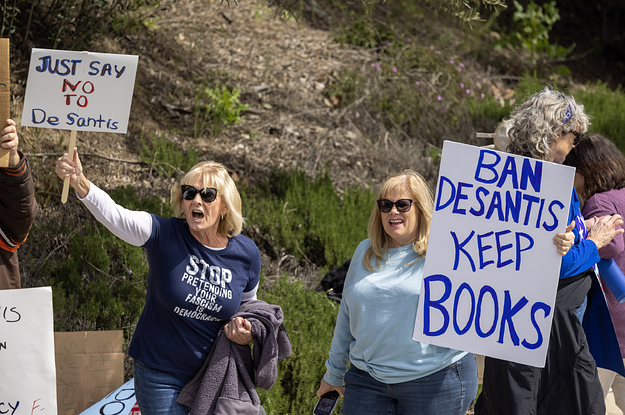
Gross said she was also alarmed by a section of the bill that would require defendants who lose in court to pay “reasonable costs and attorney fees” for plaintiffs, in addition to any other penalties, which would seemingly encourage more people to sue the media. A key related section would undermine laws aimed at preventing retaliatory or frivolous lawsuits designed to silence critics — so-called anti-SLAPP (strategic lawsuits against public participation) laws — by allowing government figures or other powerful plaintiffs to recover their own attorney fees from defendants should their lawsuit survive such a legal hurdle.
“It makes it so that public officials and their powerful allies will have greater incentive to bring frivolous defamation claims because they will be able to have their attorneys’ fees paid for,” Gross said.
Andrade insisted he was trying to fight for less powerful people with his bill. He specifically highlighted the case of Nicholas Sandmann, the Covington Catholic high school student embroiled in an encounter with a Native American protester on the steps of the Lincoln Memorial in Washington, DC, in 2019. Sandmann did settle lawsuits with CNN, the Washington Post, and NBCUniversal for their coverage of the incident, but had a lawsuit against other outlets tossed out in federal court last year.
“Right now the only people that can bring defamation claims against anyone successfully are the rich and powerful. No one else can afford it,” Andrade said. “How can a person right now making median income afford $100,000 to pay a lawyer to bring this lawsuit?”
But critics who spoke with BuzzFeed News said they believed that the bill would ultimately serve to benefit powerful public figures, who, as Petersen at the FCGA noted, are much more likely to be the subject of media reporting.
“I don’t see where in this bill, they get anything anywhere that is protecting the little guy,” Petersen said. “I don’t see it.”
Block with the FAF noted that “Citizen Facebookers” would also be impacted because the bill broadly covers any “utterance on the internet,” such as a social media post or online review, as well as “any one presentation to an audience,” such as a citizen who might speak at a public meeting.
“The only ones that I can see who benefit are the rich and powerful,” Block said. “I know Governor DeSantis has said this is all about the little guy, but I don’t see any benefits for the average joe. On the contrary, I think the average joe is going to be deeply hurt by this.”
The combined effect of the bill, critics told BuzzFeed News, will be to limit media and public scrutiny of powerful figures by imposing hefty financial burdens should they make mistakes. Costs for insurance for media to defend themselves in court would likely skyrocket, putting small groups like the FCGA at risk. Ultimately, many outlets may decide some stories are just not worth the litigation risk, according to Hans, who called the bill an attempt to intimidate the press.
“Rather than going through a complex analysis about, Well, is this politician serving as a public figure when we talk about this thing or not? And how do we figure that out?, many organizations and reporters quite rationally will say, We’re just not going to deal with that. We’re not going to report on this,” Hans said.
And while some may celebrate what they view as a right-wing Florida government going after a left-wing news media, the chill to public discourse would affect people of all political stripes. Fox News, after all, is currently the defendant in two of the most closely watched defamation lawsuits in the country.
“A lot of conservatives and supporters of Donald Trump and Ron DeSantis will look at this and say, ‘Haha, tough noogies, New York Times and CNN and Washington Post!’ But I don’t think they’re realizing how this could impact their local conservative radio station,” Block said.
HB 991 is just the latest recent attempt by the Florida government to crack down on speech, whether it be in classrooms, universities, or protests at the state capitol, with DeSantis and his allies working to silence everyone from teachers to Disney. Many of these bills have already inspired copycats in other states, and given the governor’s widely reported presidential ambitions, Petersen said people across the US should be focused on this latest assault.
“People need to be paying attention to what’s happening in Florida,” she said, “because our governor will run for president in the 2024 election, and he’s made that quite clear that what he’s trying to do is make Florida a model for the rest of the nation.”